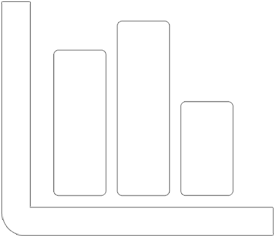Bob Gibson and Tom Seaver Fielding Percentage Comparison
About Fielding Percentage
Fielding percentage is a metric that shows how often a player or team is successfull in recording an out or assist compared to the chances given. It is calculated by dividing chances accepted by total changes for a player or team over a given time period. Generally, for Fielding Percentage, higher is better. (Source)
Bob Gibson and Tom Seaver's Fielding Percentage Per Season Comparison Line Chart
This bar chart compares Bob Gibson's and Tom Seaver’s Fielding Percentage for each season
of their Major League careers. The data is displayed by player season number instead of the
season year to allow for better comparisons as the players progressed through their careers.

Bob Gibson and Tom Seaver's Per Season Fielding Percentage Box Plot
This chart attempts to draw a comparison between Bob Gibson and Tom Seaver
by summarizing their Fielding Percentage for each season they played. The box represents the middle
50% of the data for each player with the line in the box being the median value. The
whiskers represent the ranges for the top and bottom 25% of the data. Review the spread
and medians to draw your conclusions!

Bob Gibson and Tom Seaver's Fielding Percentage Comparison Data Table
This table shows Bob Gibson and Tom Seaver's Fielding Percentage statistics by season
for their full MLB careers. Included with the raw season stats are the aggregations’ sum,
average, minimum, maximum, and median. The data is displayed by season number instead of by
calendar year to allow for better comparisons as the players progressed through their careers.
Because not all players have the same career lengths, seasons not completed will display "—"
